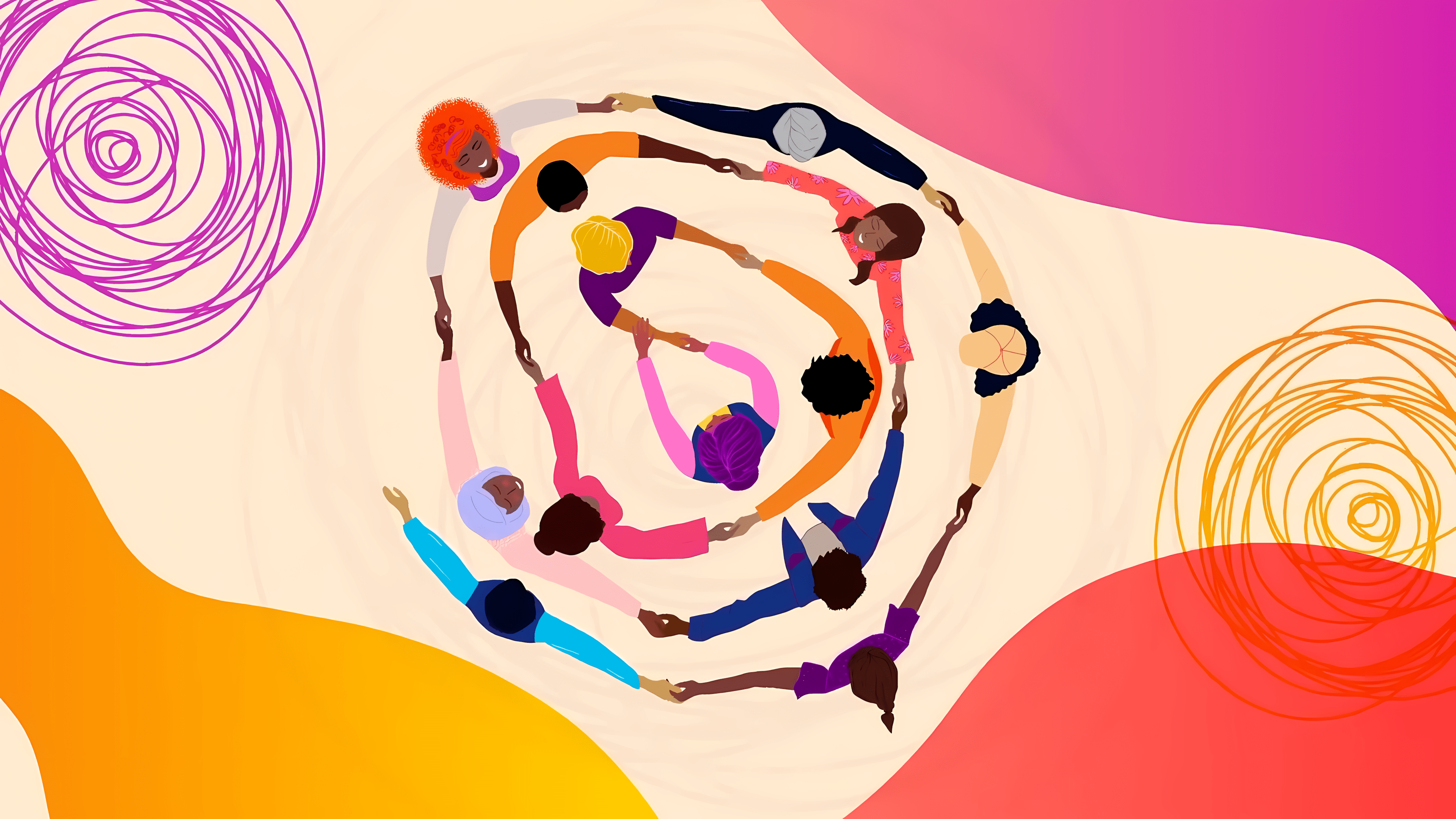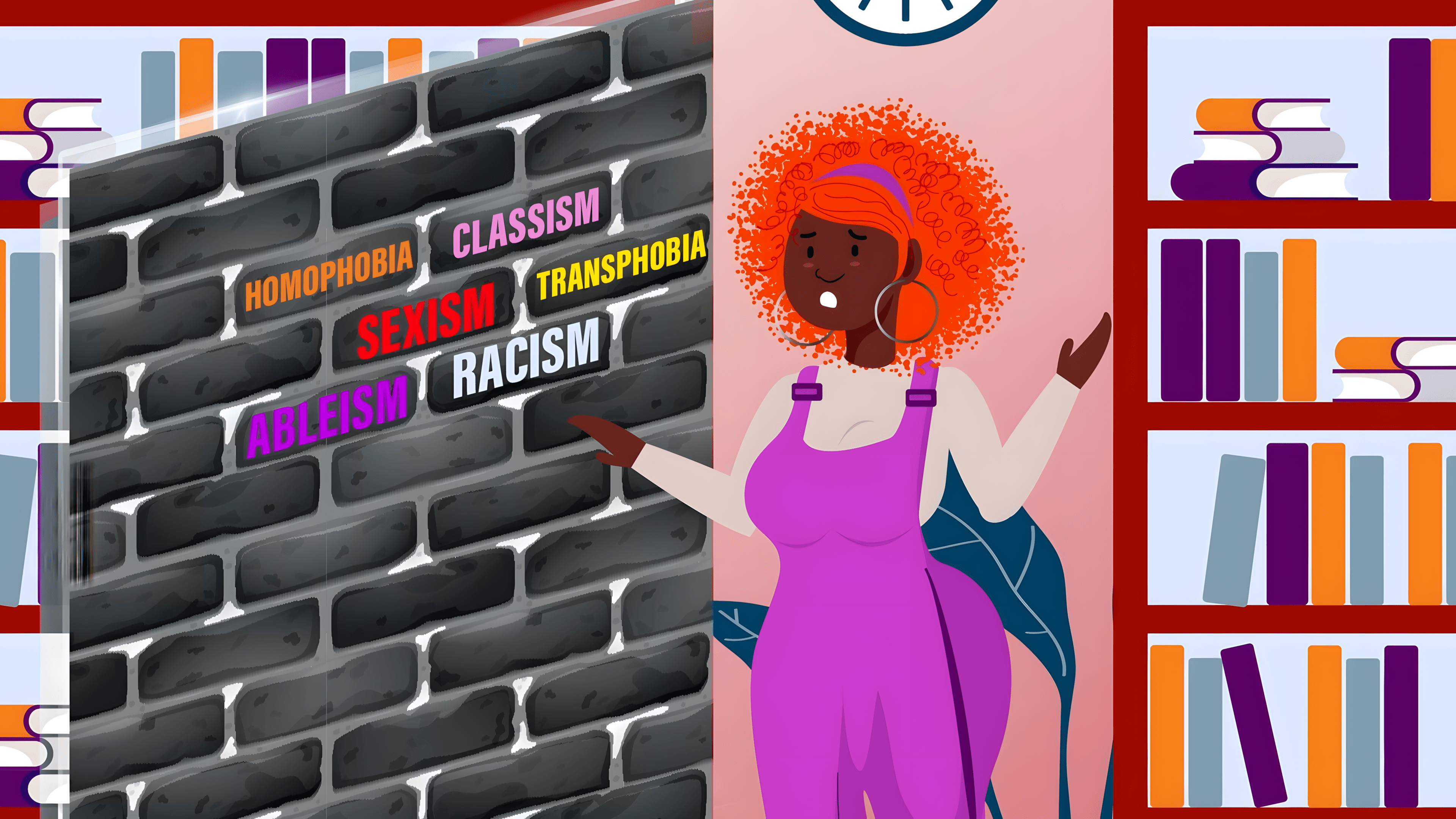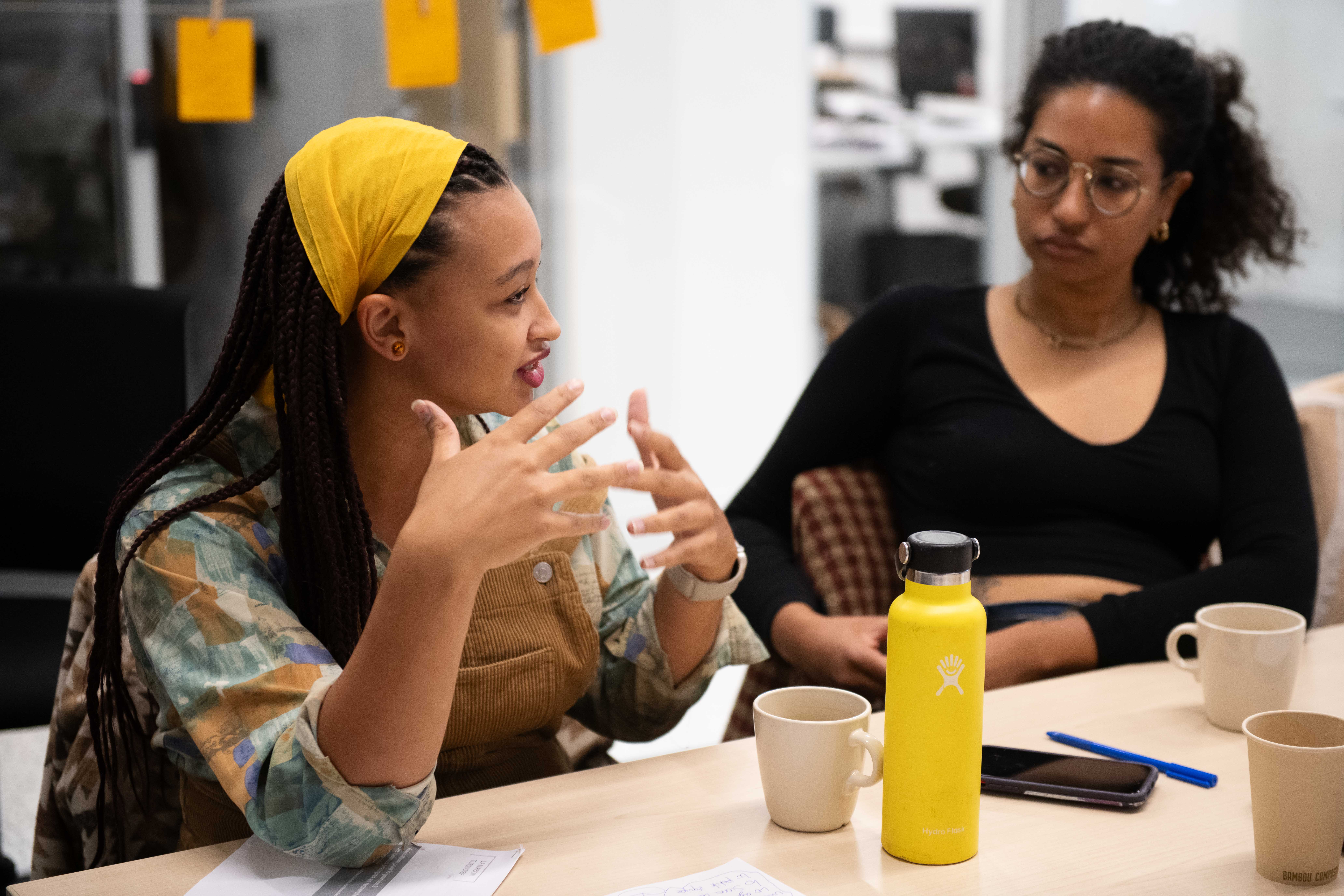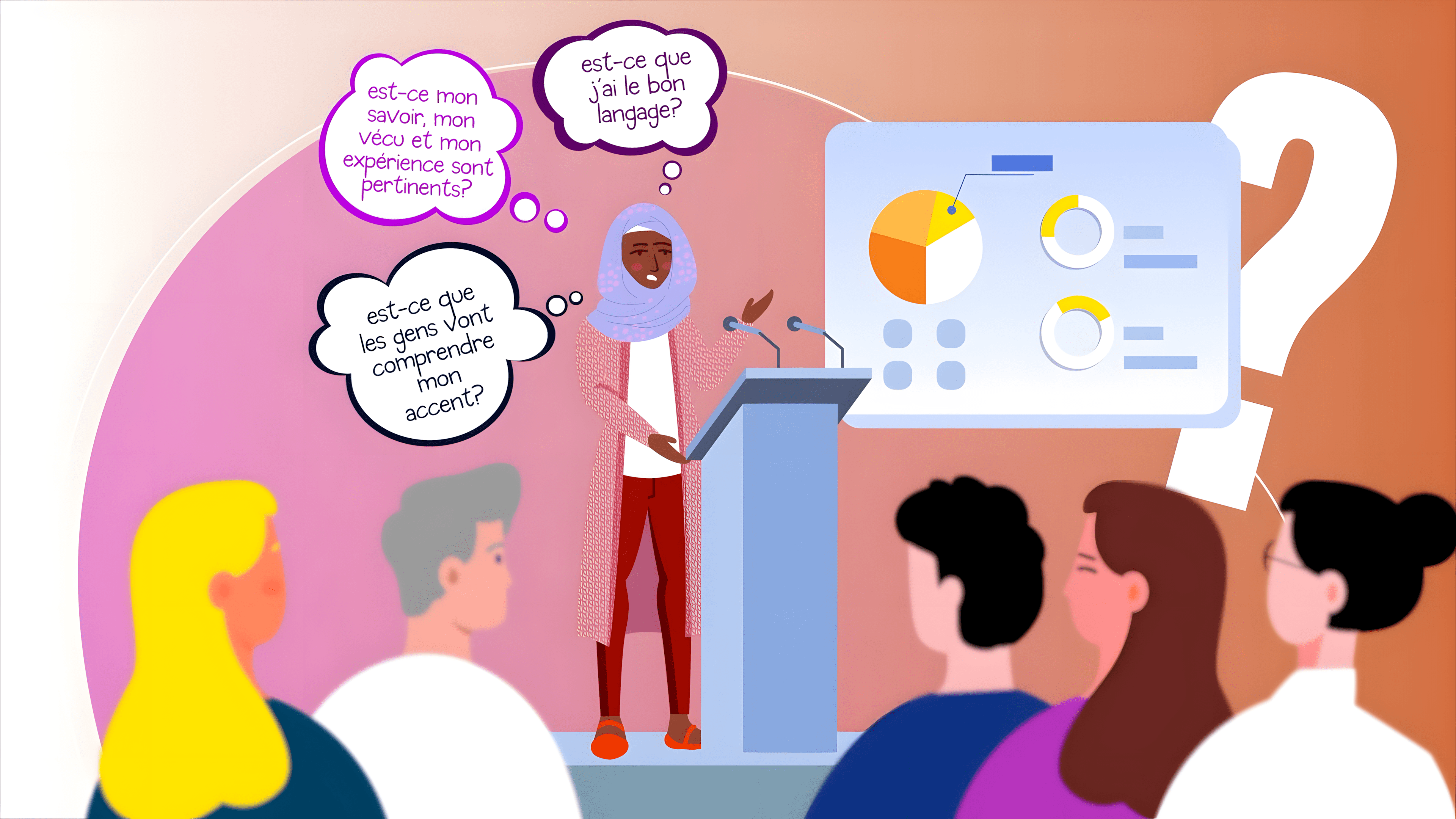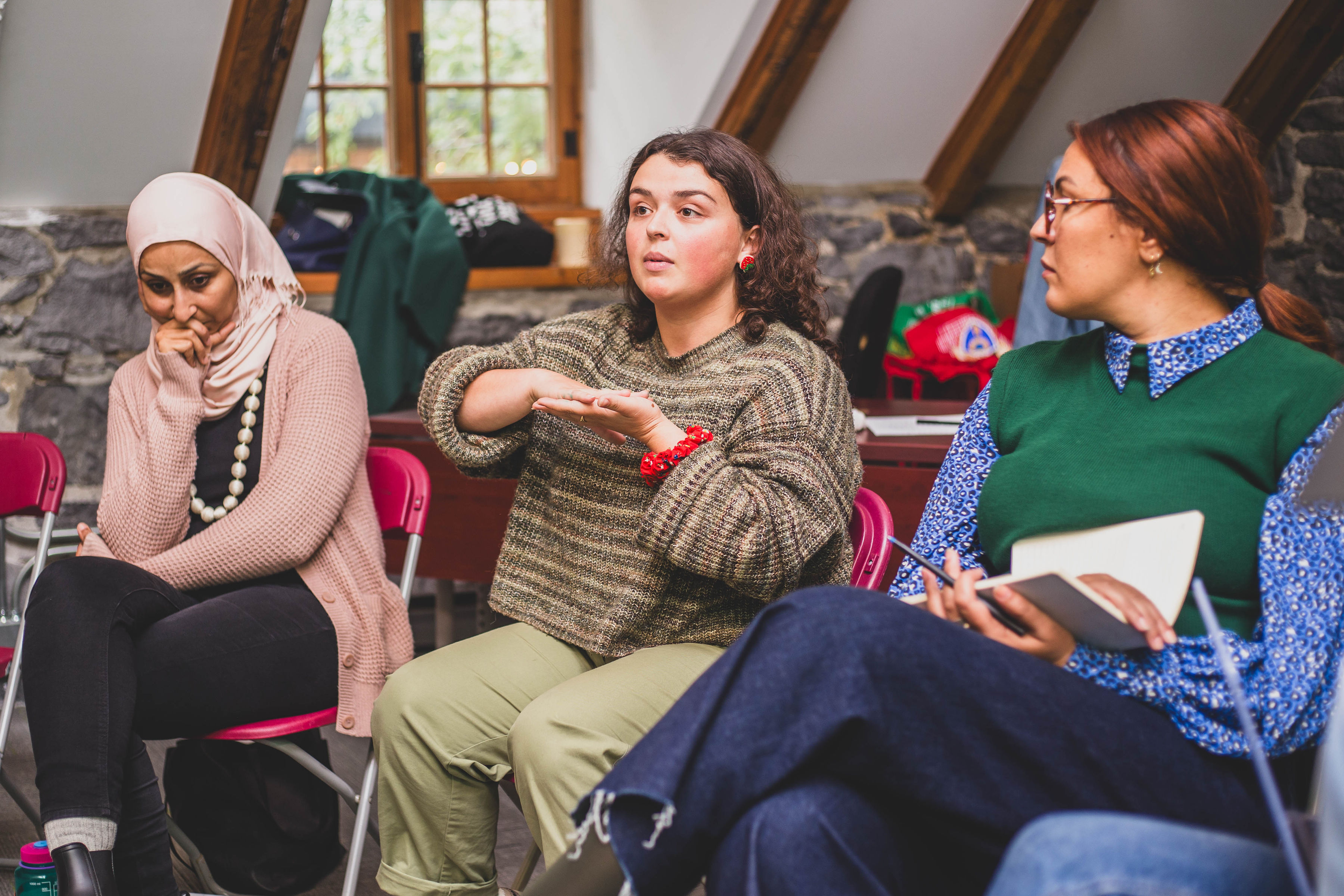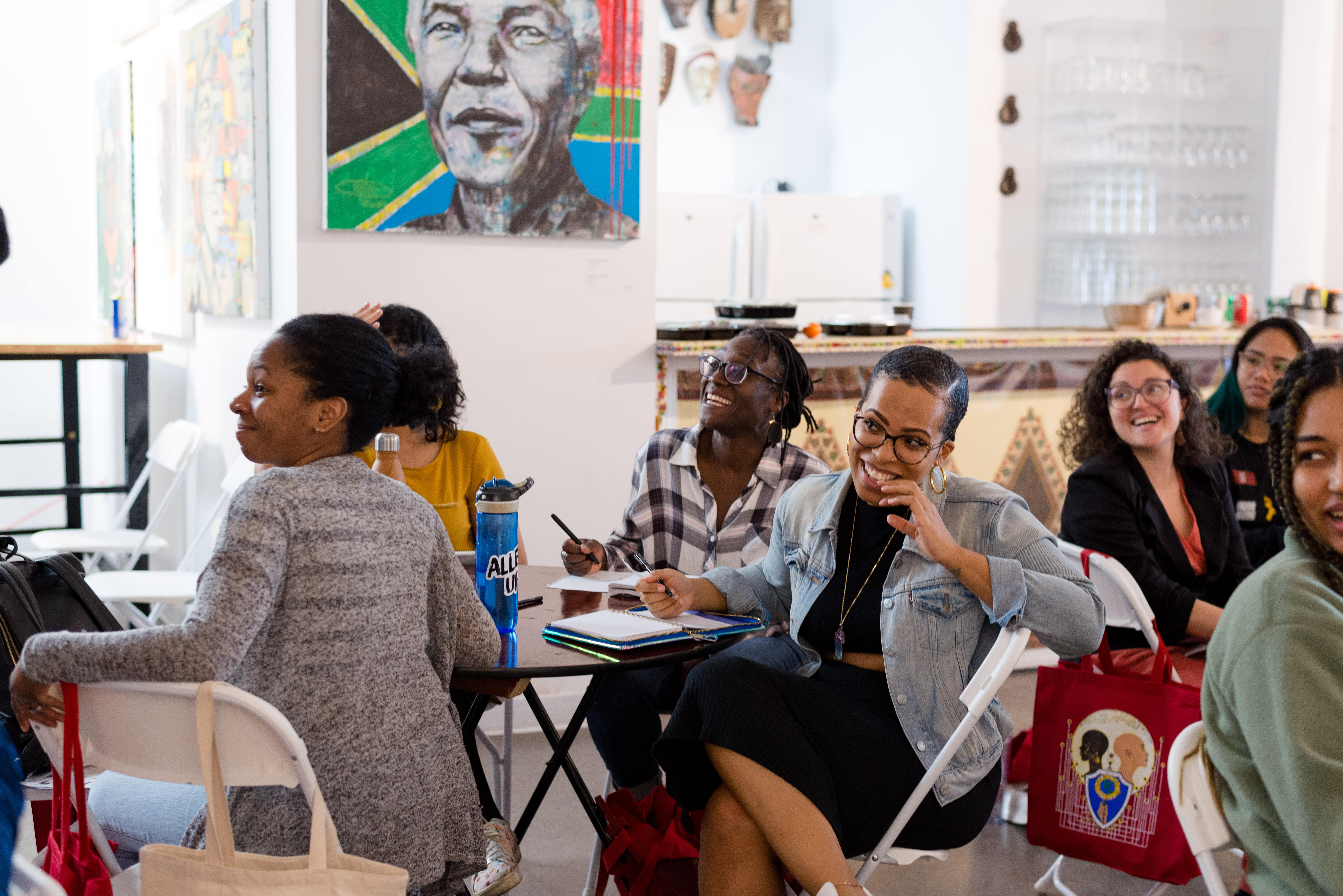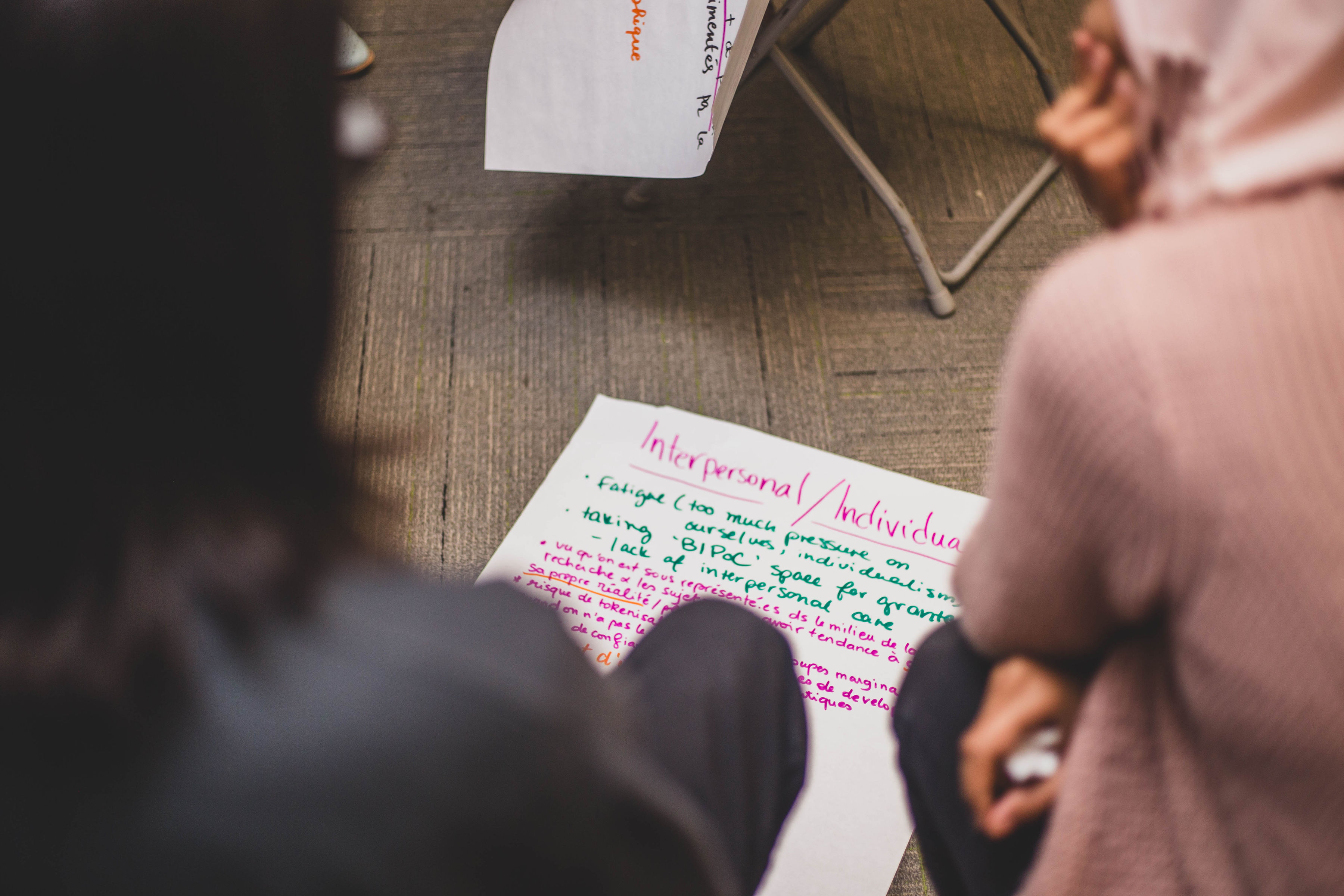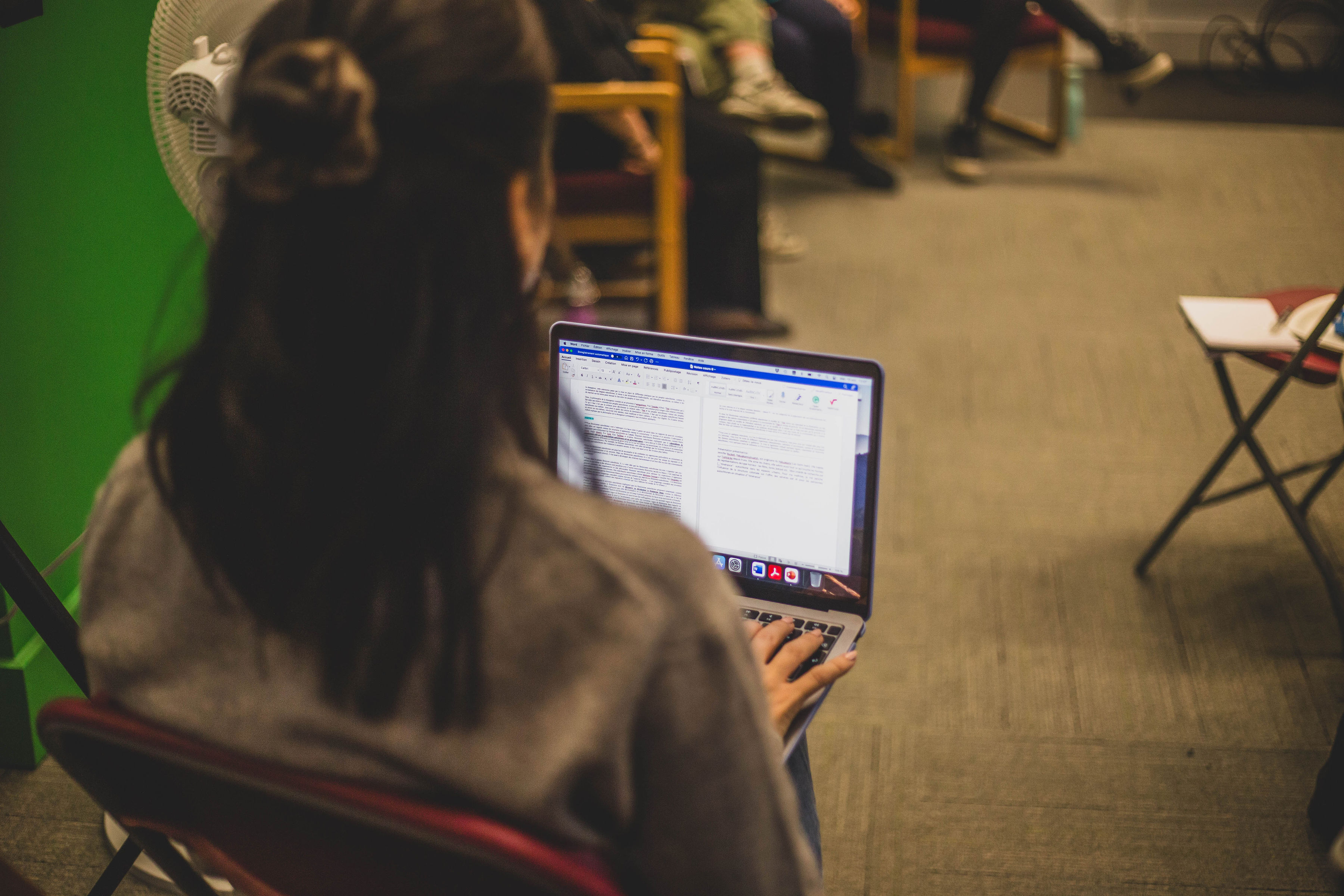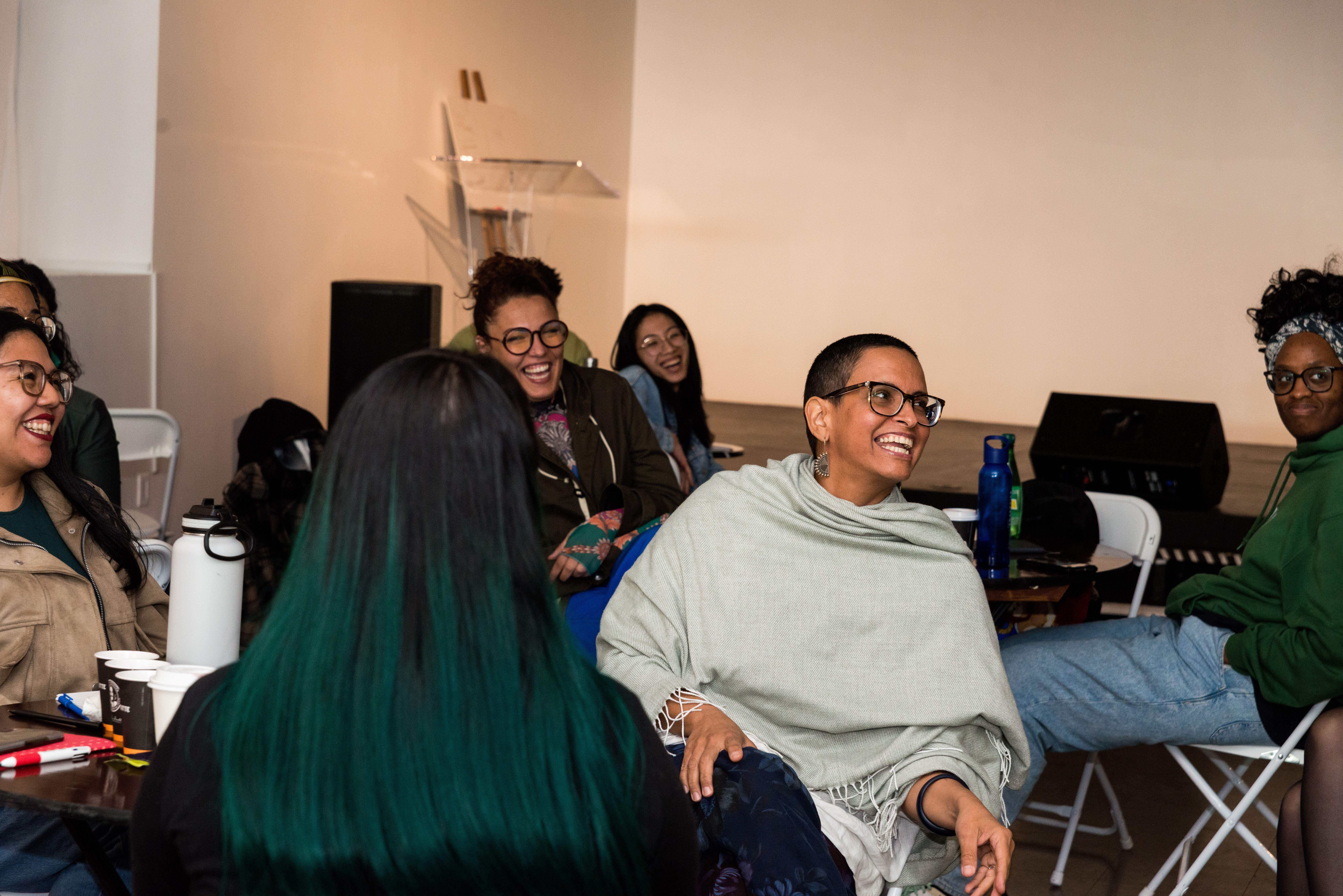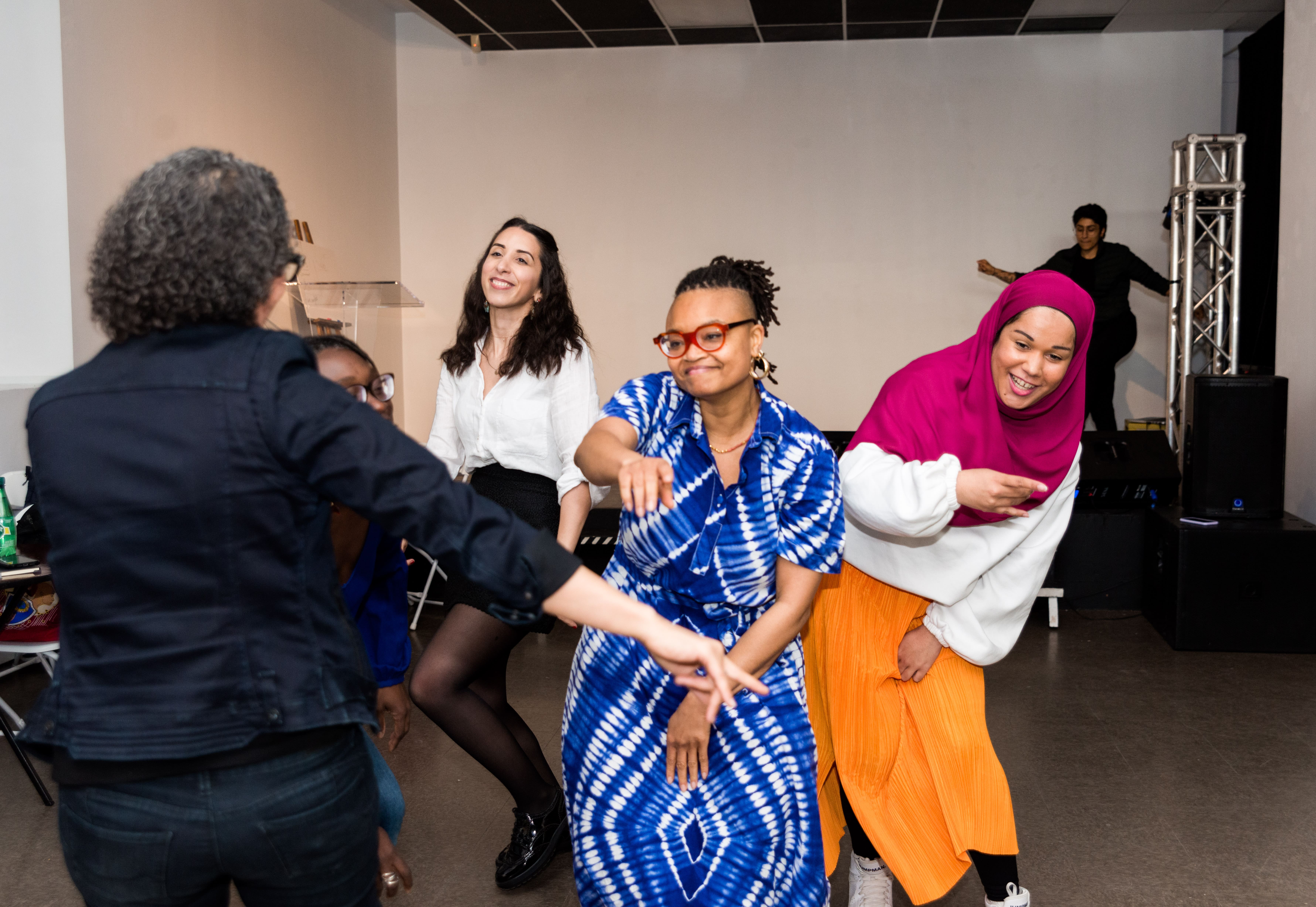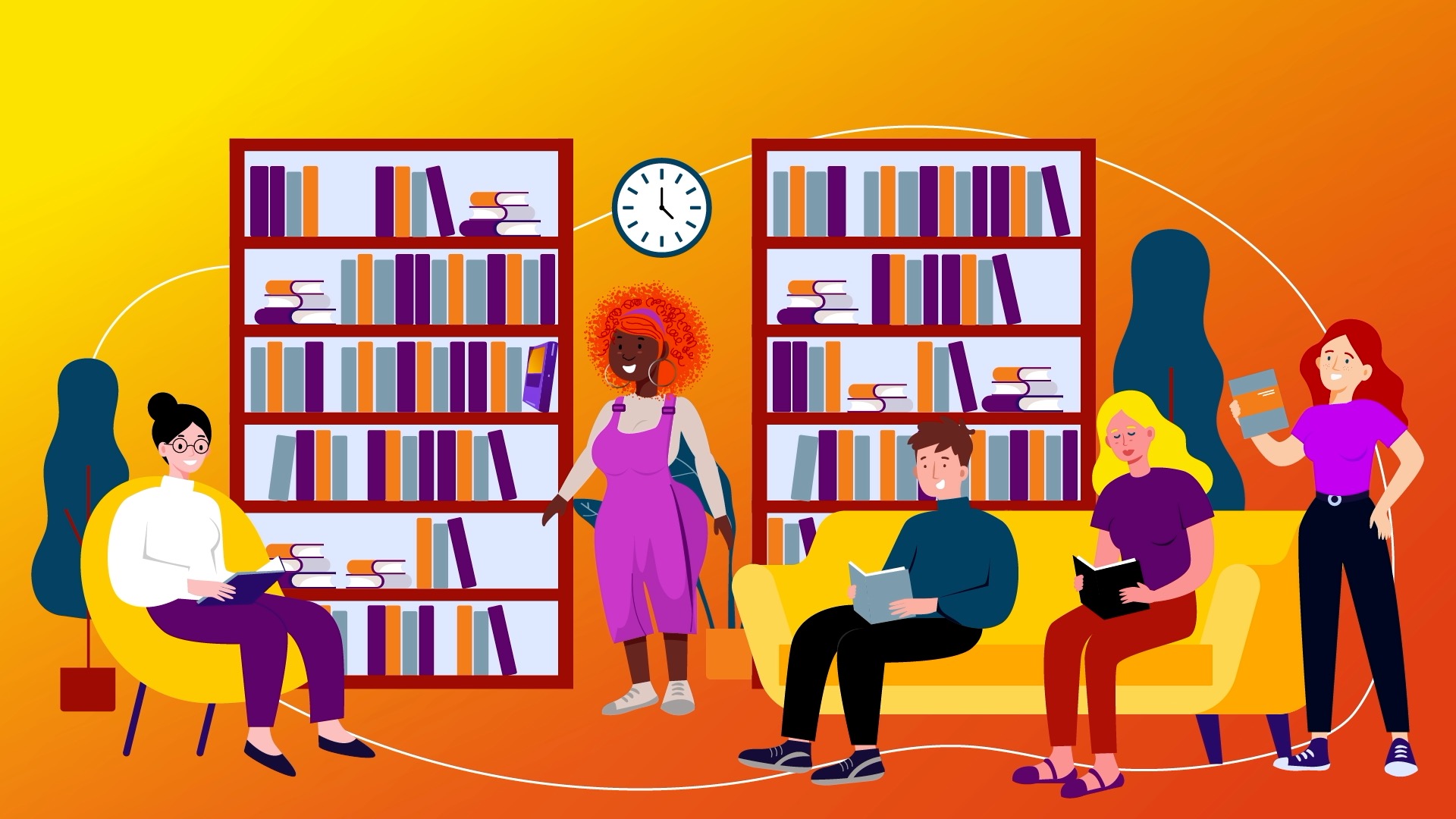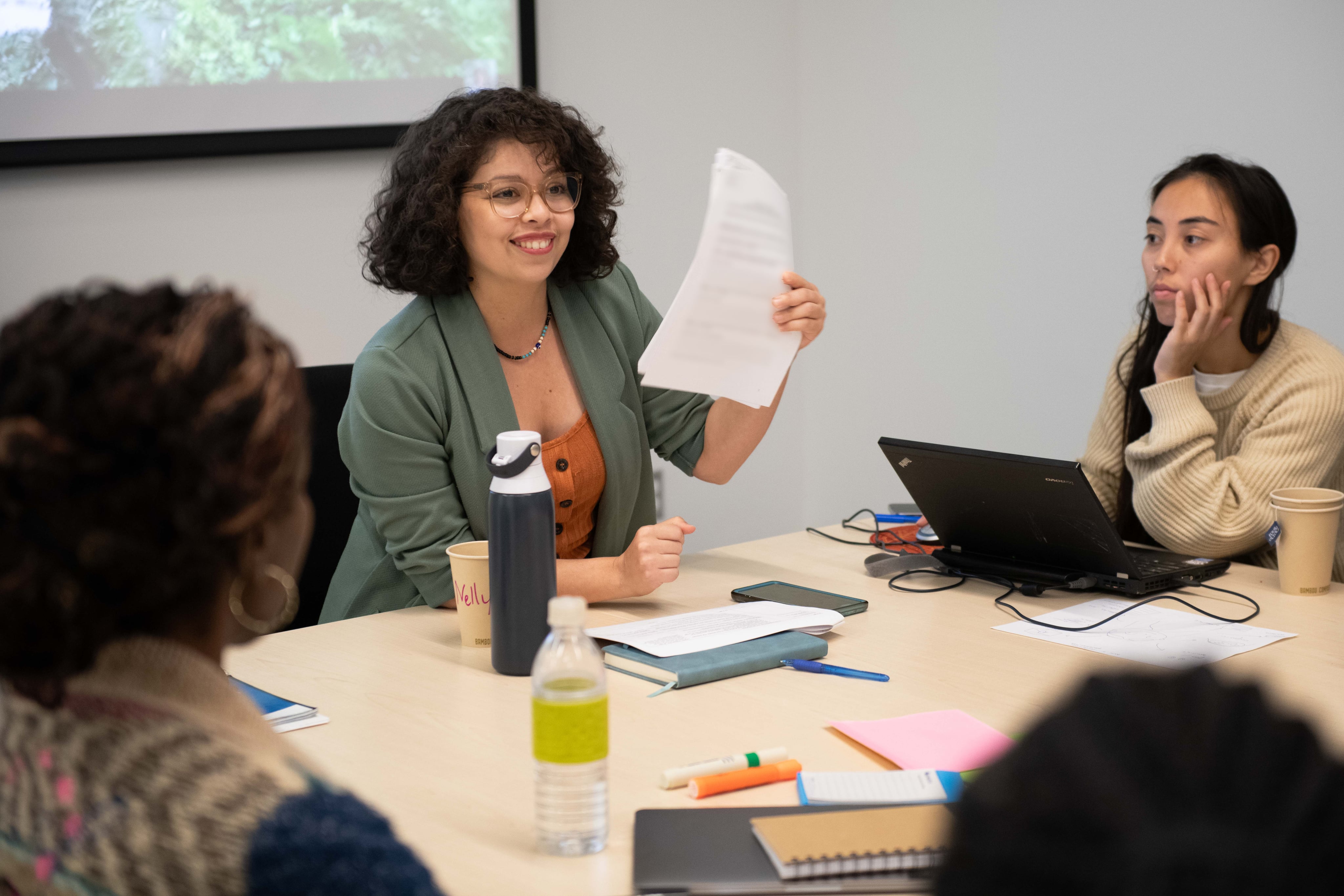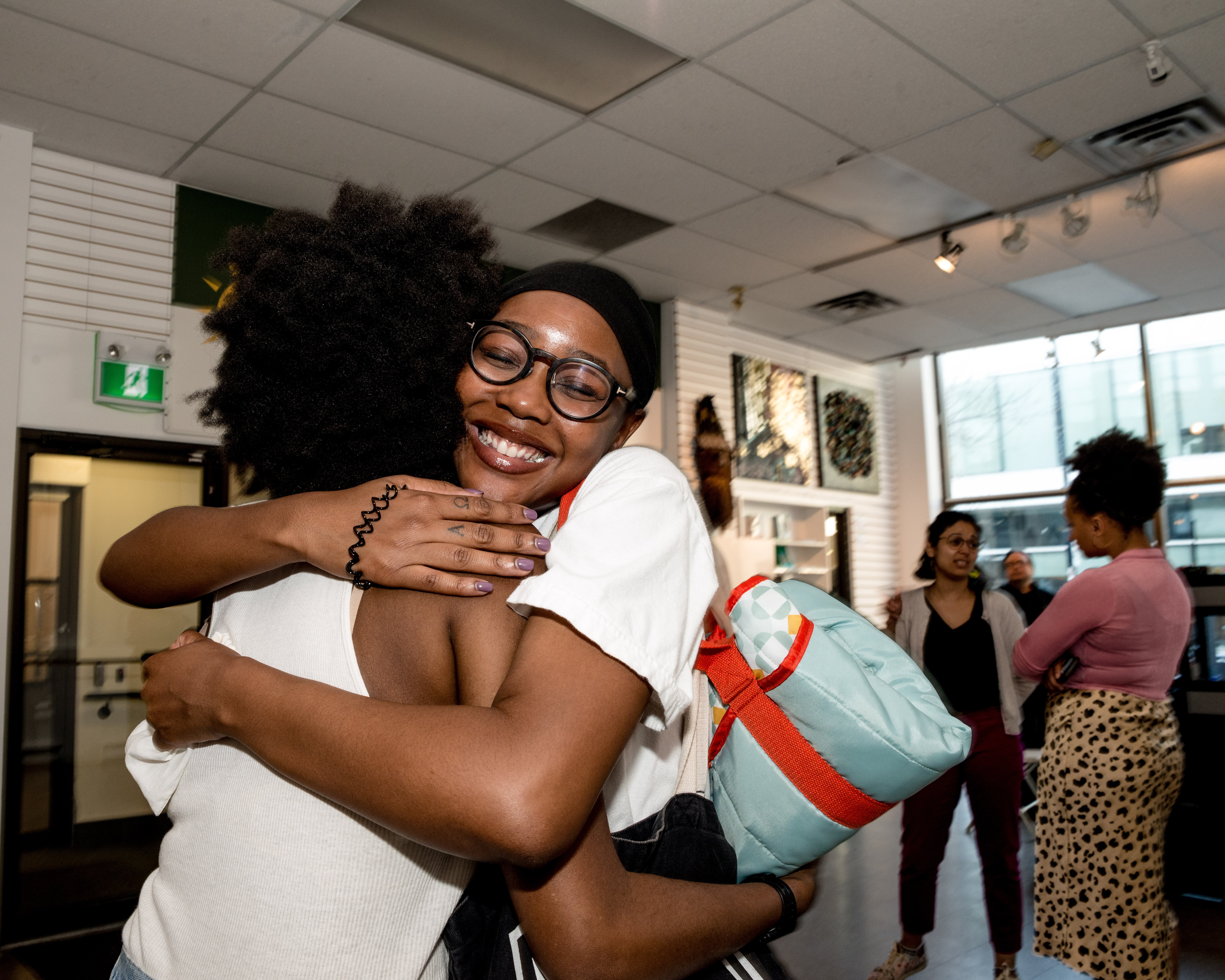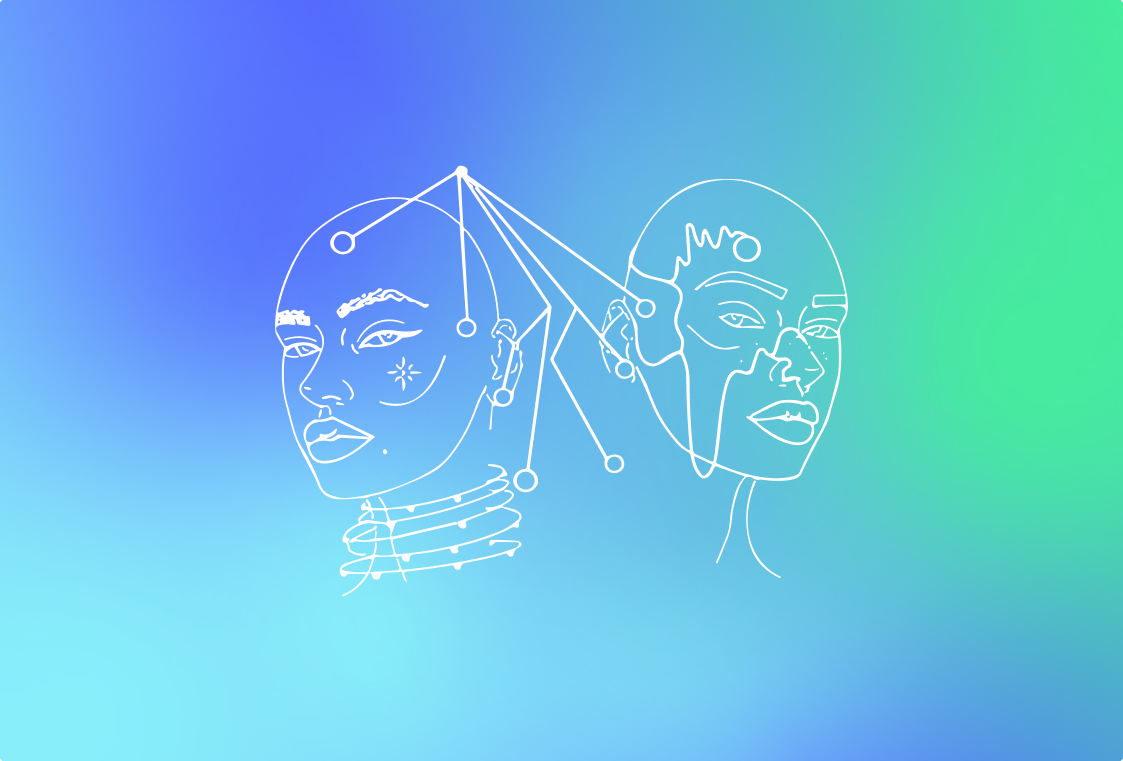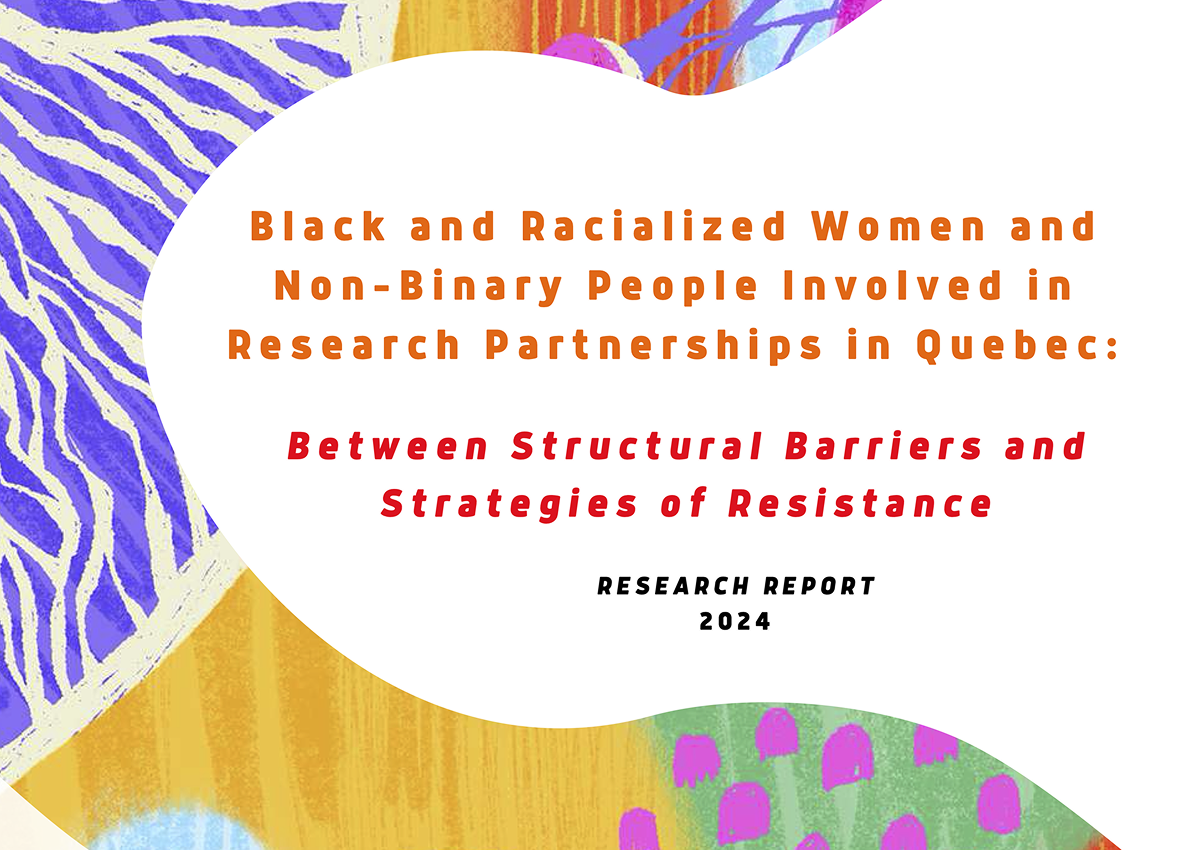BIPOC Days: Building Bridges of Resistance

In October 2023, PARR hosted two BIPOC (Black, Indigenous, and People of Colour) Days, organized by Maud Jean-Baptiste. The goal was clear: to create an identity-specific, safe, and vibrant space for Indigenous, Black, and racialized women and non-binary people involved in partnership-based research across Quebec.
Conceived as a natural extension of the forum and Cohort Days, these gatherings—held on October 5 and 10—also had their own distinct purpose: to build bridges between Black, racialized, and Indigenous communities, and to learn from the long-standing strategies these communities have developed to safeguard their knowledge and care for their people.
Each day began with a panel of Indigenous researchers, moderated by Jessica Quijano, featuring Amy Edward, Ella Martindale, Catherine Richardson, Amanda Shawayahamish, and Wahéhshon Whitebean. The panellists shared their experiences conducting research by, for, and with their communities. It was a powerful, grounded, and inspiring moment—a reminder that community-based approaches are not new, but are too often minimized or appropriated without recognition. Some emphasized the need to create research spaces grounded in relationships, reciprocity, and care: “If you open up space for trauma, you’re also responsible for that person’s safety.”—Participant at the BIPOC Days
“It was also essential to share the research results from PARR with other BIPOC communities and create space to hear their strategies. Sure, there are individual strategies. And sure, there are community strategies. But between communities, there are bridges that still need to be built.”—PARR Project worker (Episode 1—En fleurs, plus en feu ! podcast)
The panels were followed by collaborative workshops facilitated by Adama Kaba, where participants explored concrete strategies for inter-community solidarity. How can we build connections that transcend community boundaries? How do we navigate difference while respecting each other’s realities? How do we unlearn extractive practices and foster relationships rooted in trust, self-reflection, and mutual accountability?
Through these gatherings, resonances emerged across lived experiences shaped by different trajectories. Many participants stressed the importance of building research with communities from the outset—not for them. They also emphasized the need to create conditions that honour non-dominant knowledge systems and to resist the pressure to speak on behalf of an entire community.
Finally, these days offered an opportunity to share PARR Project’s foundational research findings with communities that had not been involved in the project’s early stages. True to PARR’s spirit, this wasn’t about top-down dissemination, but about horizontal exchange—where every voice, every piece of knowledge and expertise matter, and every lived experience is valued.
Some excerpts are drawn from testimonies in the PSRR report or from the reflective card game. These have been adapted and anonymized for outreach purposes.
Promotion des actrices racisées en recherche (PARR). (2024). Strategies in bloom: Cultivate your well-being in collaborative research (Reflective card deck - English version). A tool for raising awareness and self-reflection, based on the testimonials and transformation ideas shared as part of the PARR project.
The definition of epistemic injustice is taken from the PARR report, which quotes Godrie, B., Desrosières, E., & al. (2020). Les injustices épistémiques : vers une reconnaissance des savoirs marginalisés.






